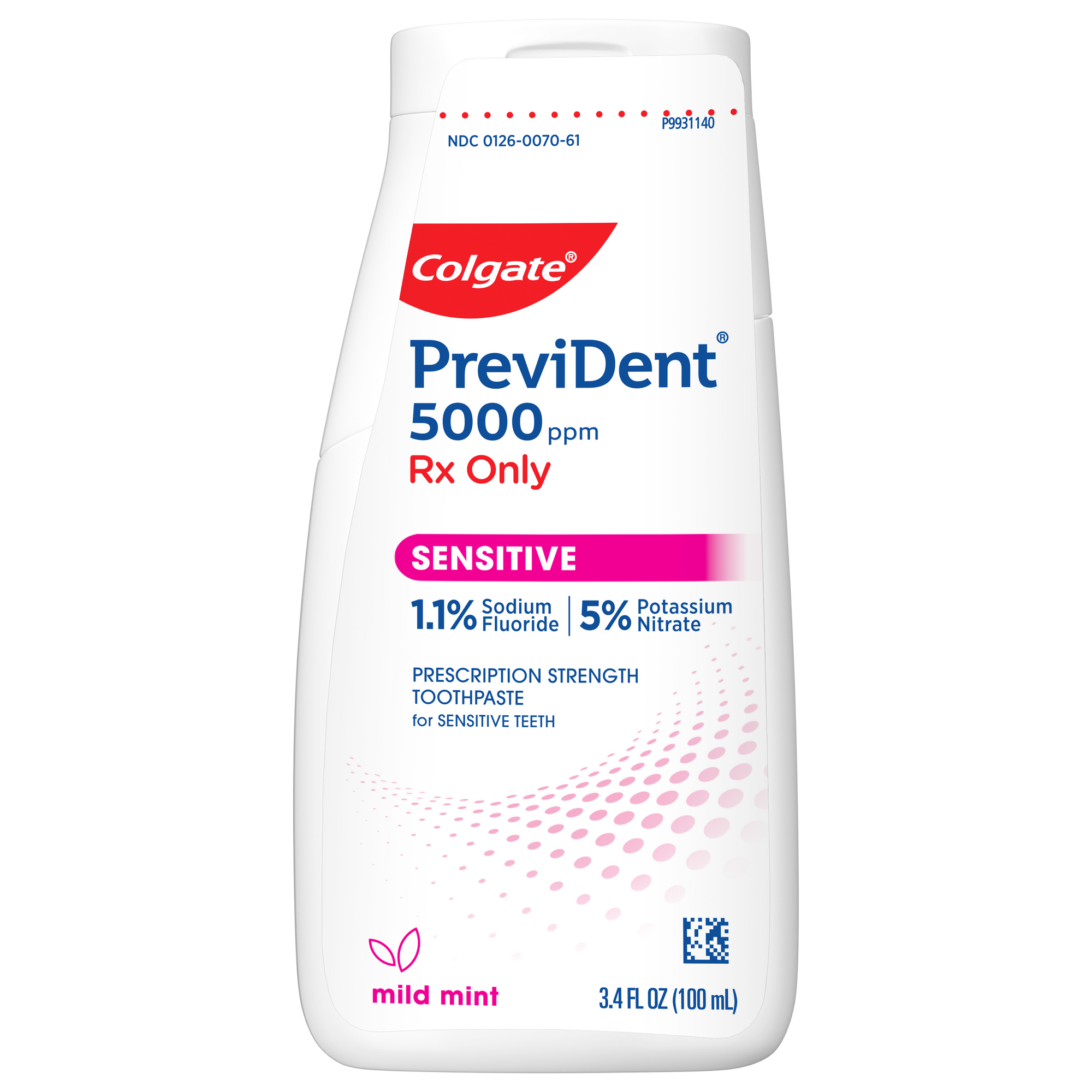What is Burning Mouth Syndrome?
Burning mouth syndrome (BMS) is an irritating and rare condition that affects about 1 percent of the adult population. It's characterized by burning, scalding, or tingling on the tongue, cheeks, back of the throat, or gums. People with BMS have also reported tasting a metallic or unfamiliar taste. This burning or tingling sensation can last for weeks or months if not treated.
According to the National Institute of Dental and Craniofacial Research (NIH), BMS is more common among people aged 60 and older, affecting more women than men. BMS can be a side-effect of medications or other illnesses (called secondary BMS) or show up by itself (primary BMS).
Burning Mouth Syndrome Treatment
Medications, dry mouth, acid reflux, poor-fitting dentures, among other issues, can cause BMS. Narrowing down the cause will be your healthcare professional's first step. If you have secondary BMS, they will treat the primary cause first. However, if you have primary BMS, there are many treatment options. Not one single treatment has worked for every case, so be prepared to work with your physician or dentist to find the best solution for you.
According to the Mayo Clinic, treatment options may include:
- Saliva replacements
- Alcohol-free mouthwashes or mouthrinse with lidocaine
- Medications that treat nerve pain
- Therapy to reduce stress
- Capsaicin, a pain reliever from chili peppers
- Anticonvulsant medication called clonazepam or Klonopin
- Antidepressants
5 Burning Mouth Syndrome Home Remedies
Working with your provider on prescription medication is a good step to relieving your symptoms. However, the following four home remedies may help relieve the burning or tingling symptoms too.
1. Hydration
Dry mouth has been a common issue among people with BMS, but it isn't clear if BMS causes dry mouth or dry mouth causes BMS. But common recommendations are to drink plenty of fluids, suck on ice chips, or chew sugar-free gum to keep the mouth moist.
2. Stress Relief
Like dry mouth, it isn't clear if stress causes BMS or if having BMS increases stress. However, managing stress and anxiety can improve your overall health. You can try exercise, yoga, stretching, reading, or other activities to help you relax.
3. Change Your Diet
The NIH recommends avoiding spicy foods and acidic foods and beverages, such as citrus fruits, tomato sauces, coffee, and sodas. Acidic foods can make BMS worse. The Mayo Clinic recommends avoiding foods with mint or cinnamon too. You can experiment at home with which foods are more comfortable to eat.
4. Nutritional Supplements
Nutrient deficiencies such as low iron, zinc, and B-vitamins may affect your oral tissues and cause BMS as well. These deficiencies can also lead to anemia. Ask your healthcare professional for recommendations on effective supplements that may help.
5. Oral Hygiene
Your dentist may recommend an alcohol-free mouthwash to ensure your mouth is not further irritated. You can also use mild-flavored, flavor-free, or sensitivity toothpaste to help relieve symptoms. According to the American Dental Association, broken or ill-fitting dentures can cause BMS as well. If your dentures do not fit well, food debris and bacteria can get trapped against your skin and irritate. Make sure you are cleaning dentures regularly and ask your dentist about the fit.
BMS can be uncomfortable. Your healthcare professional can create a specific BMS treatment for you. It's helpful that as you try home remedies or different treatments from your dentist or physician, take written notes on what helps with the pain and what doesn't. Routine preventive visits can also help avoid further complications and alleviate the known causes of burning mouth syndrome.
This article is intended to promote understanding of and knowledge about general oral health topics. It is not intended to be a substitute for professional advice, diagnosis or treatment. Always seek the advice of your dentist or other qualified healthcare provider with any questions you may have regarding a medical condition or treatment.
ORAL HEALTH QUIZ
What's behind your smile?
Take our Oral Health assessment to get the most from your oral care routine
ORAL HEALTH QUIZ
What's behind your smile?
Take our Oral Health assessment to get the most from your oral care routine















